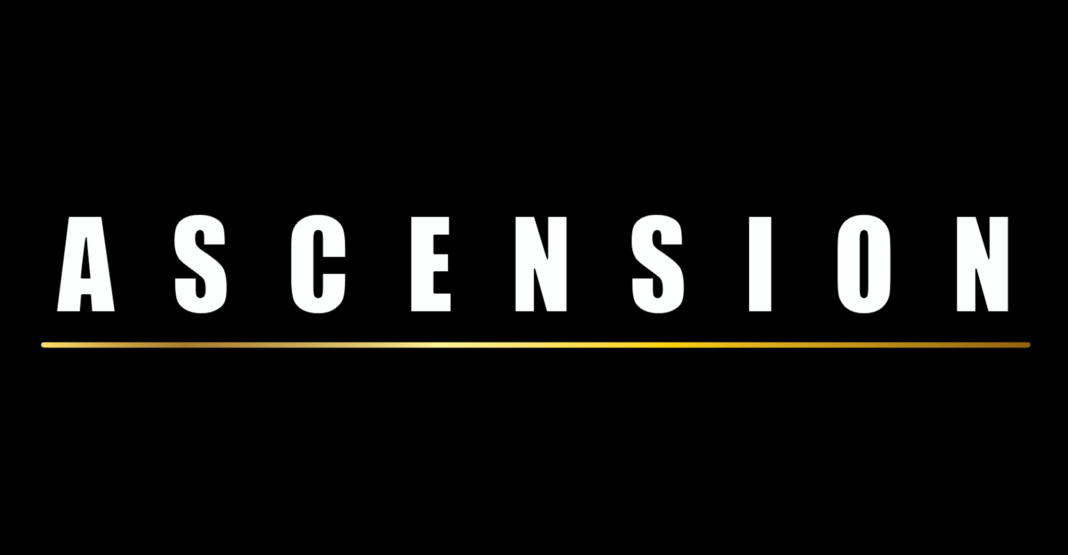Being a leader is more than just a higher pay grade or more responsibilities – it is a skill set that you should constantly be honing. Regardless of experience or skill level, every leader has room for improvement, but the prospect of establishing and meeting leadership goals may leave you curious to know where to begin.
There are some primary leadership development goals explained by the ascension leadership academy that you should strive for, depending on your position and skill level. Once you’ve decided on the goal(s) you want to work toward; the next step is to create an action plan to help you reach them and track your progress. Following this procedure will assist you in becoming the leader your organization requires.
Leadership Development Goals by Ascension Leadership Academy
Become an Active Listener
Active listening is a crucial characteristic of successful leaders. An efficient leader cultivates and promotes a culture of open communication and actively listens to their team (whether those team members are entry-level or C-suite). Enter each conversation to listen to your team’s insights, positive or negative.
Be Adaptable to Change
Instead of assuming you know everything, aim to be adaptable and willing to learn. Being open to change puts you in a stronger position to run your business successfully. It is imperative during economic restructuring when you might need to pivot resources or business functions to accommodate economic change. Maintaining an open mind to fresh opportunities and ways of doing business will assist you (and your company) in growth over time.
Improve Your Emotional Intelligence
Successful leaders frequently have a high level of emotional intelligence. The five primary constituents of EQ are self-regulation, social awareness, self-awareness, social regulation, and motivation. These characteristics aid decision-making, goal setting, and stress management, all of which are essential aspects of leadership. Although some leaders are born with a high EQ, it is something that can be developed.
Become More Efficient
Business leaders frequently manage multiple competing responsibilities, which is why time management is critical. Identify and work toward ways to become more efficient (in your individual roles and business operations). You will have more time to enhance other skills and complete other tasks as you become more efficient.
Build Dynamic Teams
The best organizations are diverse and inclusive, with a diverse range of people. A good leader can objectively identify the best employee for the job to build a successful team.
Leaders usually hire employees who are similar to themselves. On the other hand, businesses benefit more from a diverse team with a diverse skill set.
Be a Mentor
A good leader is also a mentor. Because your team looks to you for coaching, counseling, and guidance, prioritize effective mentorship when setting goals. Create a development plan for each team member to help them grow as individuals and in their roles.
Bottom Line
The leadership of your organization establishes company culture and employee expectations. Employees often look to business leaders to model appropriate behavior, so the impact of your organization’s actions (good or bad) will be felt throughout the organization.


















